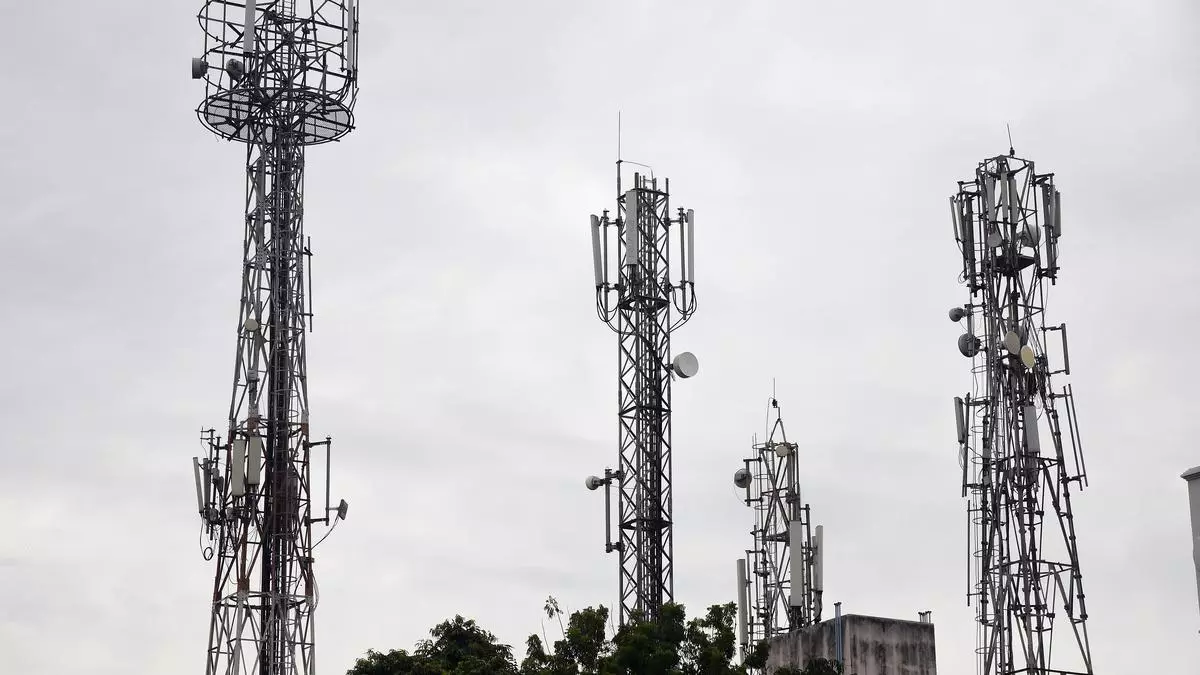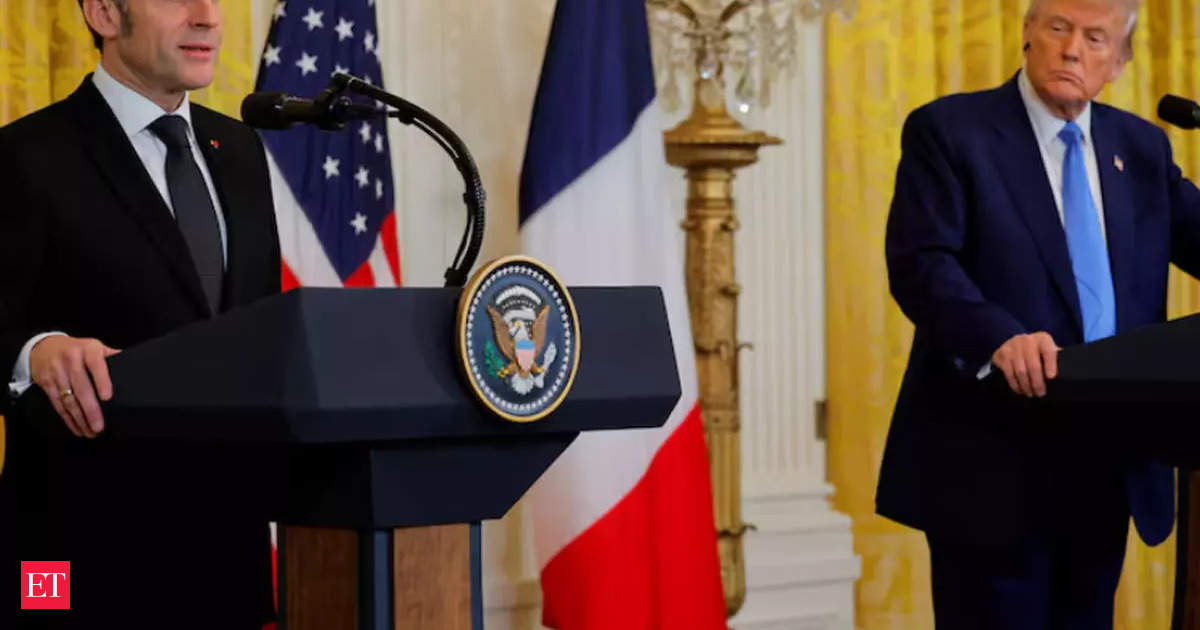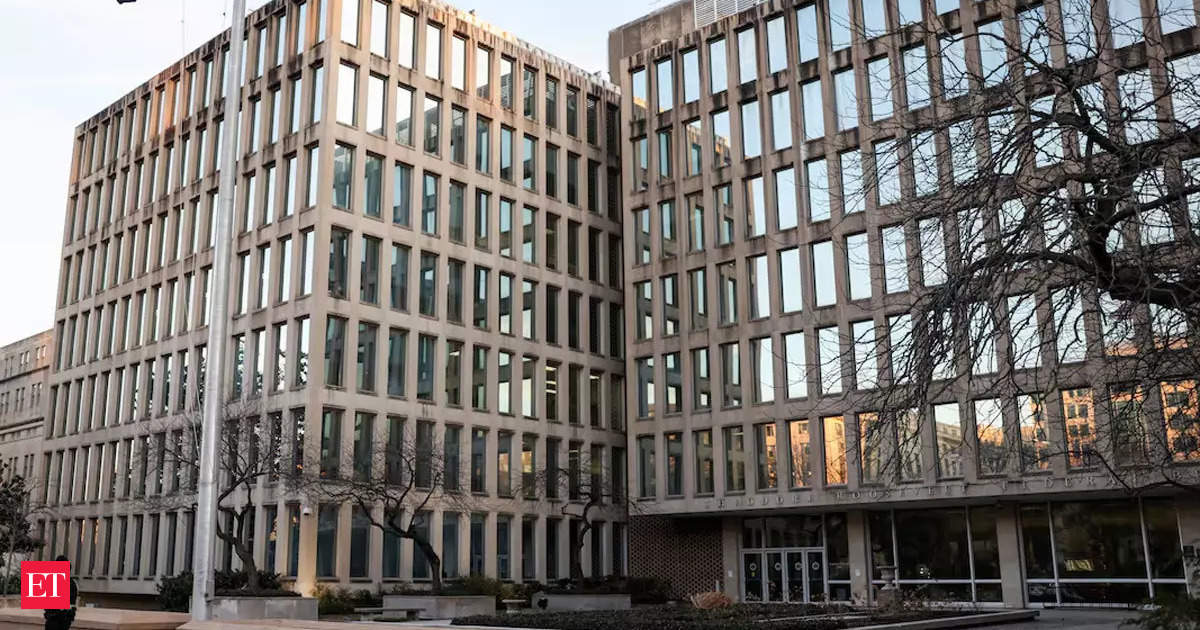The Indian government is getting ready to auction telecom spectrum worth ₹96,318 crore ($12.8 billion) from May 20. However, analysts are skeptical about the demand for these airwaves. With the telecom sector already heavily burdened by debt, many industry players may not be willing to invest heavily in acquiring new spectrum. The financial stress on telecom companies, coupled with intense competition, has raised concerns about the participation in the upcoming auction.
The spectrum that will be auctioned includes radio waves in the 700 MHz, 800 MHz, 900 MHz, 1800 MHz, 2100 MHz, 2300 MHz, 2500 MHz, and 3300-3600 MHz bands. These airwaves will be used by telecom operators to expand their network coverage and enhance their services.
The government has set a reserve price of ₹3,700 crore per MHz for the 700 MHz band, which is considered the most efficient and sought-after spectrum due to its ability to offer wider coverage with lower infrastructure costs. However, in a previous auction held in 2016, the 700 MHz band did not receive any bids due to the high pricing. Considering this, industry experts believe that the government may need to revisit the reserve price to attract potential bidders.
According to analysts, the financial health of telecom players is the major factor impacting the appetite for new spectrum. The industry is already grappling with a cumulative debt of around ₹8 lakh crore ($107 billion) and a decline in average revenue per user. Additionally, the intense competition in the sector, with low tariffs and tariffs deferred by the Supreme Court, has further added to the financial stress. As a result, telecom companies may be hesitant to participate in the upcoming auction and acquire more debt.
Another concern is the ongoing consolidation in the telecom sector. The entry of Reliance Jio in 2016 disrupted the market and led to a wave of mergers and acquisitions. Currently, there are only three major telecom players in India – Reliance Jio, Bharti Airtel, and Vodafone Idea. With fewer players, the demand for additional spectrum may be limited.
Furthermore, the deployment of 5G technology is still in its early stages in India. While the telecom industry is eager to introduce 5G services, the high cost of building infrastructure and the lack of a clear revenue model for 5G are acting as deterrents. This has resulted in a lack of enthusiasm among telecom operators to invest heavily in new spectrum.
In conclusion, the upcoming auction of telecom spectrum worth ₹96,318 crore may not see many takers due to various factors such as the financial stress on telecom companies, intense competition, high pricing of certain bands, ongoing consolidation, and uncertainty surrounding 5G deployment. The government may need to reassess its pricing strategy and address the concerns of the industry to generate interest and participation in the auction.











